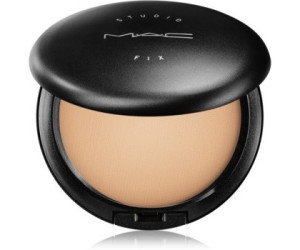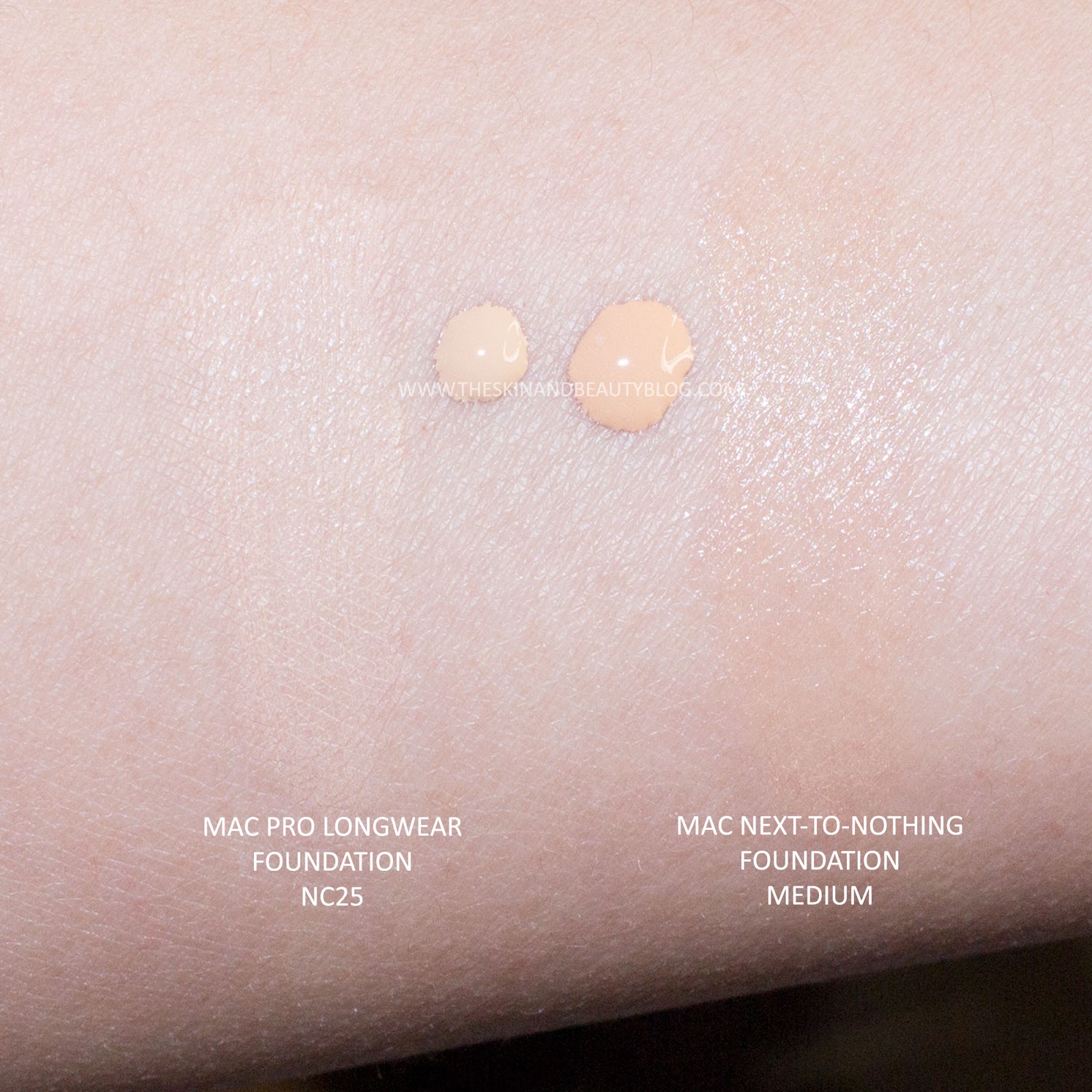
Mineral makeup is generally made with fewer ingredients, which means there is less of a chance of an adverse reaction. When all else fails, look for mineral makeup. If your skin is sensitive you should stay away from ingredients such as parabens, sulfates and added fragrances because those ingredients are more likely to react with the skin and cause irritation. When it comes to hypoallergenic makeup, the fewer ingredients the better. This term is another word for hypoallergenic.

Look for brands or products that claim to be "clean". This being said, there are still some general guidelines you can follow when looking for beauty products that will help those with sensitive skin from reacting to new products.
MAC STUDIO FIX FOUNDATION NC40 GIORGO ARMANI HOW TO
Source:gloskinbeauty How to Find Hypoallergenic Makeup? A Guide To Hypoallergenic Makeup To help, I've done some research to help guide those prone to allergies in their cosmetic purchases. Therefore, Hypoallergenic labeling doesn't mean you may not be allergic to a product! As with food allergies, people with skin sensitivities and allergies are often forced to rely on trial and error to find cosmetics that won't irritate. Allergy sufferers must beware that it is possible to have an allergy to a hypoallergenic product. For example, many people are allergic to fragrance and a product labeled as hypoallergenic may (or may not) be fragrance-free. Hypoallergenic labeling today is used on products that don't contain common allergens. While there's a laundry list of ingredients that could cause a reaction, the most common are fragrance, formaldehyde, and certain preservatives.

The prefix hypo meaning "under", is used to refer to products which are thought to cause fewer allergic reactions than their traditional counterparts. The cosmetics industry has been using the word for decades now as a way to convince customers "hypoallergenic" products are safer, better regulated, and/or have an ingredient list free of harsh chemicals and irritants.


 0 kommentar(er)
0 kommentar(er)
